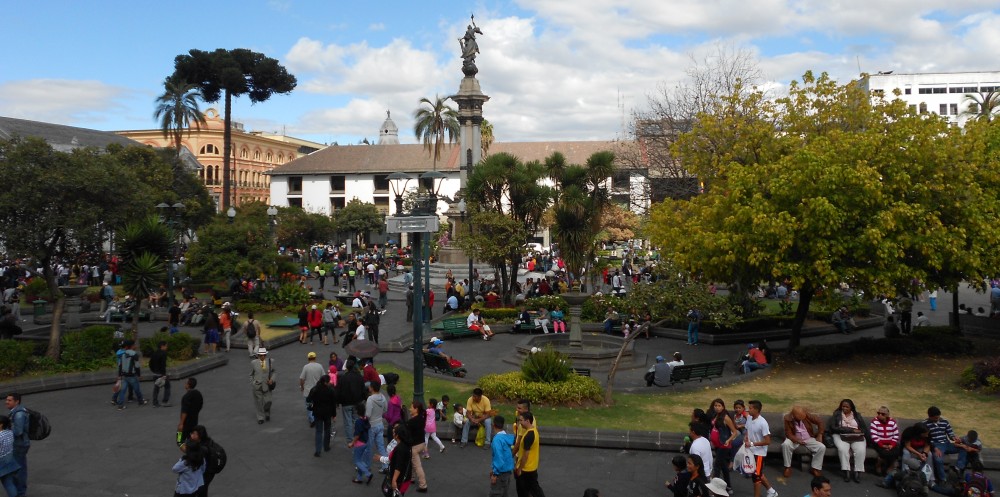This week’s readings and videos focused on the “Signs of Crisis in a Gilded Age”, particularly within Mexico. The reading explains how the rapidly increasing industrialization of North America and the demand for a continuous export boom was beneficial for some, but detrimental for others – One person’s boom meant another person’s crisis. There were particularly two ideas that came to mind for me throughout the reading and videos: power and feedbacks (action and re-action).
Power. Power is dangerous. It’s common for feel us, humans, to feel that as soon as we gain any type of power, we must gain even more power. For example, Profirio Diaz’s presidency power triggered his need for more power. He saw North America’s fast development and decided to do the same for his country. He constructed railroads and enhanced economic growth – his economic growth. The railroad systems were constructed to make money off the international markets, rather than to enhance local trade of goods. This allowed him, and the Mexican oligarchs, to enrich themselves. However, what did this mean for the non-oligarchs? This meant increased inequality and violence. Rural peoples were displaced from their land and forced into national and international dependency. The richer one oligarch, the poorer one rural peasant got.
Feedbacks. As the reading states at the beginning, Diaz’s contribution to Mexican history is told ambiguously in schools. Did he bring national benefits to the economy? How were these “benefits” detrimental effects to the people? It’s not like one president can satisfy the wants and needs of all its citizens. With every increase in personal power, comes a further detriment to social power. This is what I mean by actions and re-actions of power. For some reason, individuals find it difficult to understand the concept of “enoughness”. And this is where the idea of “progress” also comes into play. Progress is continuous growth or development. I guess we can’t really know if this addiction is biologically inherent or socially constructed by capitalism. Either way, “progress” is a dangerous term that is often used to justify economic growth – even though the action of economic growth can have (and usually has) environmentally and socially disastrous re-actions.

It was unfortunate to read about the negative effects the progress in Latin America had on the rural people. The actions taken were definitely not to improve the individual communities’ quality of life.
I enjoyed the way you structured your post, breaking-up your points through “power” (action) and “feedbacks” (reaction). This made made your post very clear.
I find your concluding sentence to be very interesting: that “’progress’ is a dangerous term that is often used to justify economic growth – even though the action of economic growth can have (and usually has) environmentally and socially disastrous re-actions.” In this sense, I don’t think that progress is always positive. Like stated, its “reactions” can be detrimental.
Nice job!